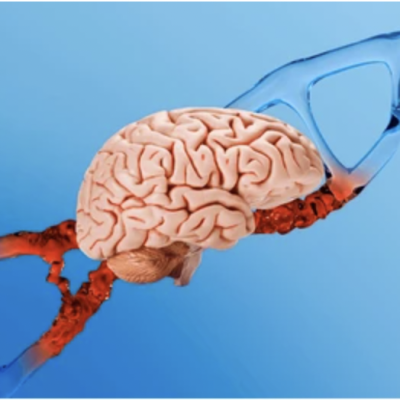A recent study conducted by researchers at Northwestern University has found that there may be a genetic predisposition to strict vegetarianism. The study, which is the first of its kind, analyzed several genes involved in fat metabolism and brain function to determine if there is a genetic component that influences whether or not people can live a vegetarian lifestyle. The researchers used data from the UK Biobank of 5,324 strict vegetarians and 329,455 control subjects to identify three genes that are significantly associated with vegetarianism, as well as 31 other potentially associated genes.
According to the study’s authors, many people who identify as vegetarians still consume fish, poultry, or red meat, indicating that biological factors may be stronger than the desire to avoid meat. “It seems that more people want to be vegetarians than actually are. We believe that there is a genetic component here that many are missing,” said Dr. Nabeel Yaseen, the lead researcher on the study. The researchers also noted that some people may require components of meat while others are able to produce them on their own.
While the study sheds light on the potential genetic factors that influence vegetarianism, the researchers caution that more research is needed to fully understand the relationship between genetics and diet. “A area where plant-based products differ from meat is complex fats. I suspect there could be components in meat that some people need. Perhaps people whose genetics favor vegetarianism can produce these components themselves. But this is currently only speculation and much more research needs to be done,” said Dr. Yaseen. As the popularity of vegan and vegetarian alternatives continues to grow, understanding the genetic factors that influence dietary choices could have important implications for public health and nutrition.
In many countries, including Germany, meat consumption is steadily declining while vegan and vegetarian alternatives are becoming increasingly popular. However, some people still reject a vegetarian diet altogether. The study’s findings suggest that there may be a genetic component to strict vegetarianism, and that biological factors may be stronger than the desire to avoid meat. By identifying the genes associated with vegetarianism, the researchers hope to gain a better understanding of the relationship between genetics and diet.










